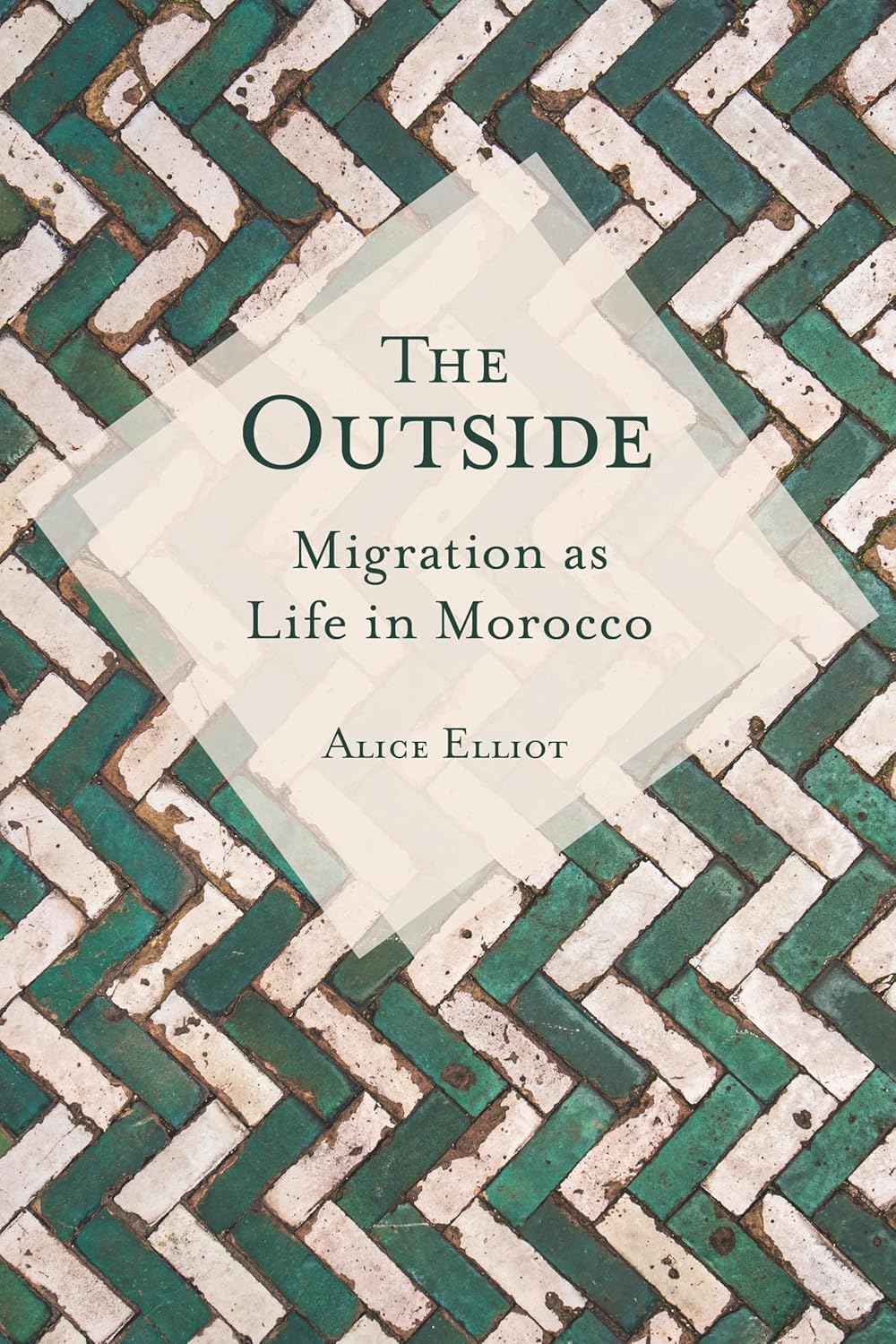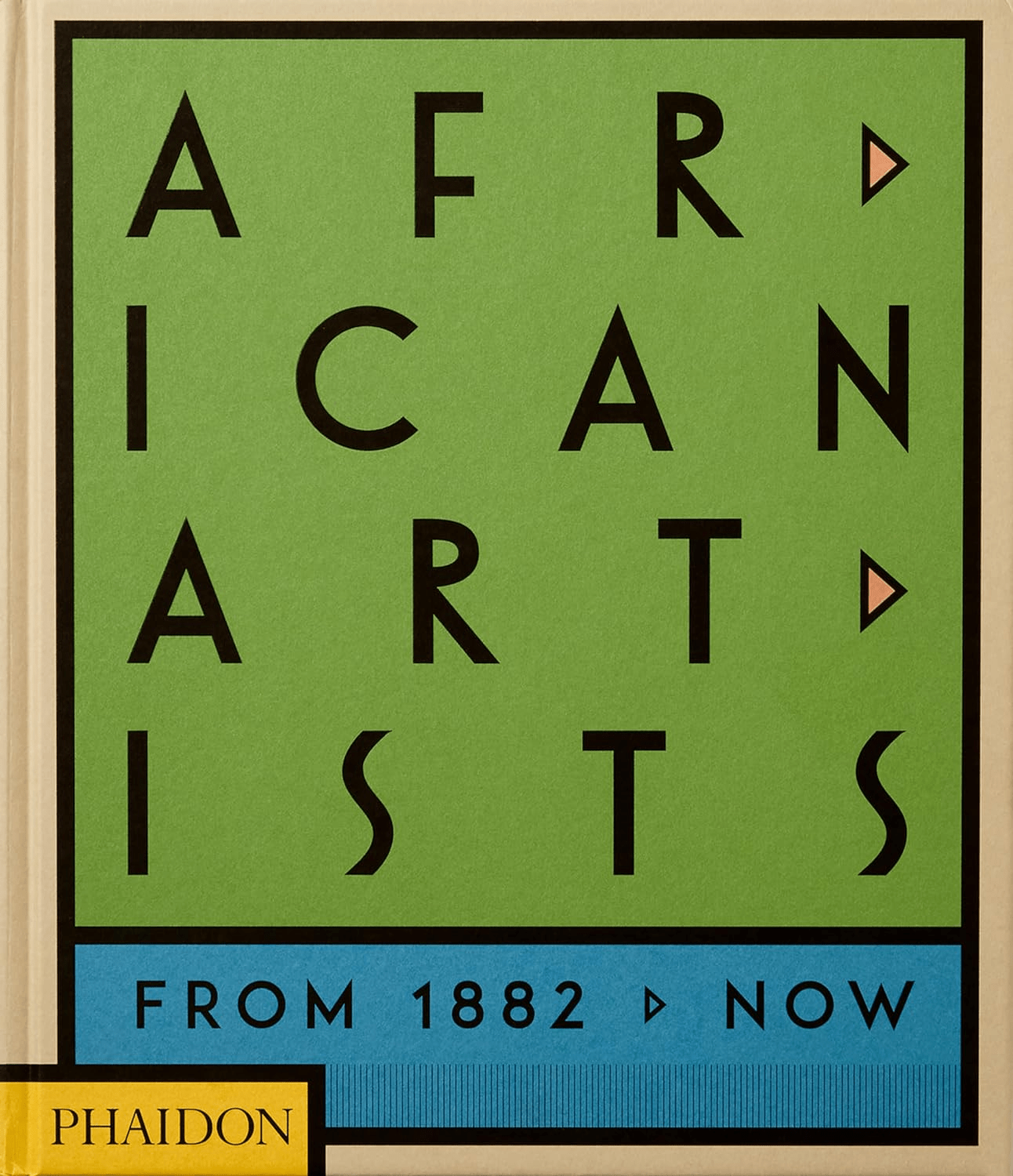
Author Shifts Conversations on Migration to the "Left-Behinds"
Reviewed by Christina Riggs
The Outside: Migration As Life in Morocco
Alice Elliot. Indiana UP, 2021.
“The closer one looks at migration in Morocco, the more one realizes the depth of its involvement in the most intimate aspects of life.”
You may also be interested in...
.png?cx=0.44&cy=0.65&cw=382&ch=487.6595744680851)
Zeina Abirached’s Art Uncovers Urgency of Wisdom in Gibran’s The Prophet
Kahlil Gibran’s 1923 classic is given new life, as Abirached’s graphic novel blends Lebanese artistry with the late author’s timeless wisdom.
A Century of African Art, in 300 Voices, All in One Book
From Cairo to Khartoum to Casablanca, this volume traces how African artists have shaped—and reshaped—modern art over the past century.